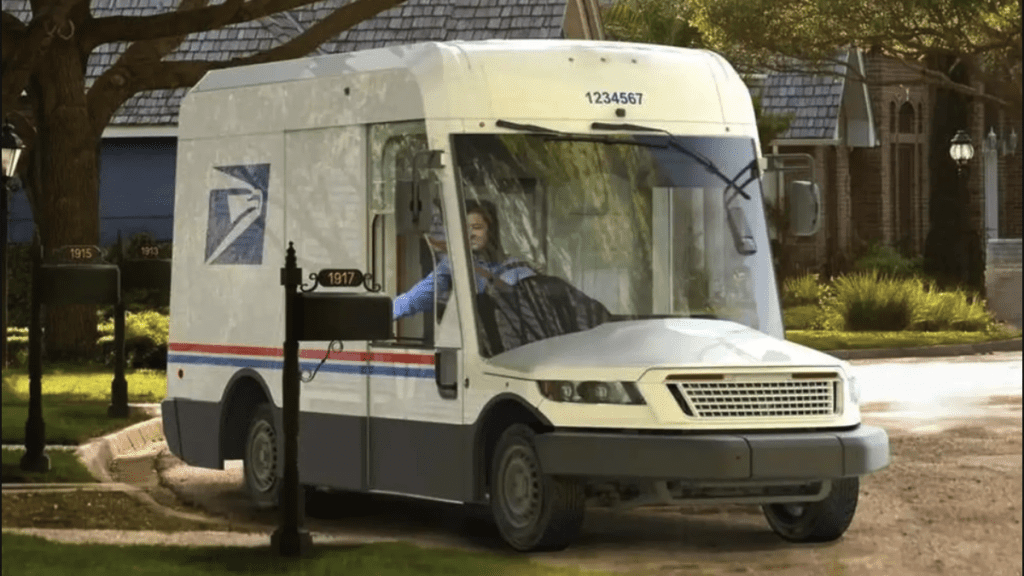USPS to Add 45,000 EVs to its Fleet By 2028

Illustration: USPS
The United States Postal Service announced today that its delivery vehicles are going electric. Of the more than 60,000 Next Generation Delivery Vehicles that the USPS intends to order by 2028, at least 45,000 will be EVs. And starting in 2026, it will exclusively order electric NGDVs.
The NGDV isn’t the only vehicle the Post Office uses, though. As part of its plans to buy a total of 106,000 new vehicles to replace its aging 220,000-vehicle fleet, at least 66,000 will be electric by 2028. The total investment is expected to cost about $9.6 billion.
USPS initially only planned to order 5,000 electric delivery vehicles but announced in March that it had increased that number to 10,000. Then over the summer, it announced that it planned to increase its EV orders once again. According to the release, the Post Office was able to boost the number of electric NGDVs due to an additional $3 billion in funding allocated to it in the Inflation Reduction Act.
In a statement, Postmaster General Louis DeJoy said:
The $3 billion provided by Congress has significantly reduced the risk associated with accelerating the implementation of a nationwide infrastructure necessary to electrify our delivery fleet. While most of the electric vehicle funding will continue to come from Postal Service revenues, we are grateful for the confidence that Congress and the Administration have placed in us to build and acquire what has the potential to become the largest electric vehicle fleet in the nation.
While the electric NGDVs will certainly cost the USPS more than a comparable number of gas vehicles would initially, the EVs will almost certainly be a better longterm investment. That’s because the gas version of the NGDV only gets an estimated 8.6 mpg. That’s better than what the current vehicle gets but only barely. Oshkosh Defense only managed to beat the outgoing vehicle’s gas mileage by an EPA-estimated 0.4 mpg.



